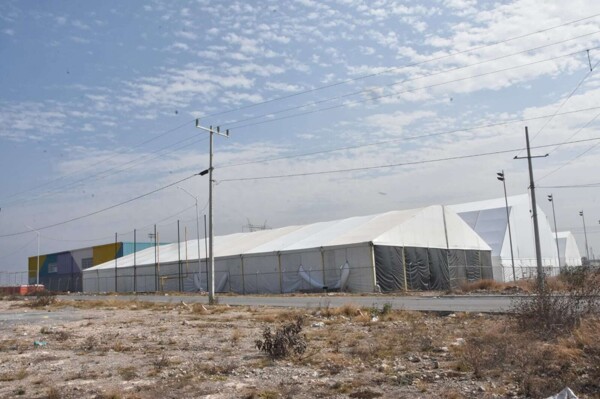
The Mexican economy is going through a challenging moment due to various internal and external circumstances. Proposals for special taxes on cross-border transfers could reduce the sending of remittances to Mexico, just as mass deportations from the U.S. could. On the other hand, some domestic policies may negatively affect the peso. Although the surplus of the Bank of Mexico is welcome, it is not enough to cover the fiscal deficit that doubled in 2024.
Despite an unfavorable external environment, it is crucial for the federal government to focus its efforts on investments that boost productivity and strengthen the economy in the medium term. However, in the short term, it is expected that the peso will devalue as trade policies are consolidated in the U.S. The protectionist stance of this country has complicated the economic outlook for Mexico, affecting growth and investment prospects.
The peso has appreciated in previous years due to advantages such as the USMCA and the nearshoring process, but it has recently experienced significant depreciation due to the imposition of tariffs by the U.S. This has pressured Mexican public finances, as a reduction in revenues is expected due to lower economic growth.
Uncertainty in U.S. trade and economic policies has led to a decrease in bilateral trade, and a reduction in foreign direct investment is expected. The volatility of the peso has intensified since the election of Donald Trump, while insecurity in Mexico may also negatively affect tourism, one of the main sources of foreign currency.
In this context, it is essential for the federal government to take measures to stabilize public finances and seek a renegotiation with the U.S. to strengthen trade in the region. Experts point out the importance of reaching agreements that benefit both nations and avoid greater economic impacts in the short and long term.














